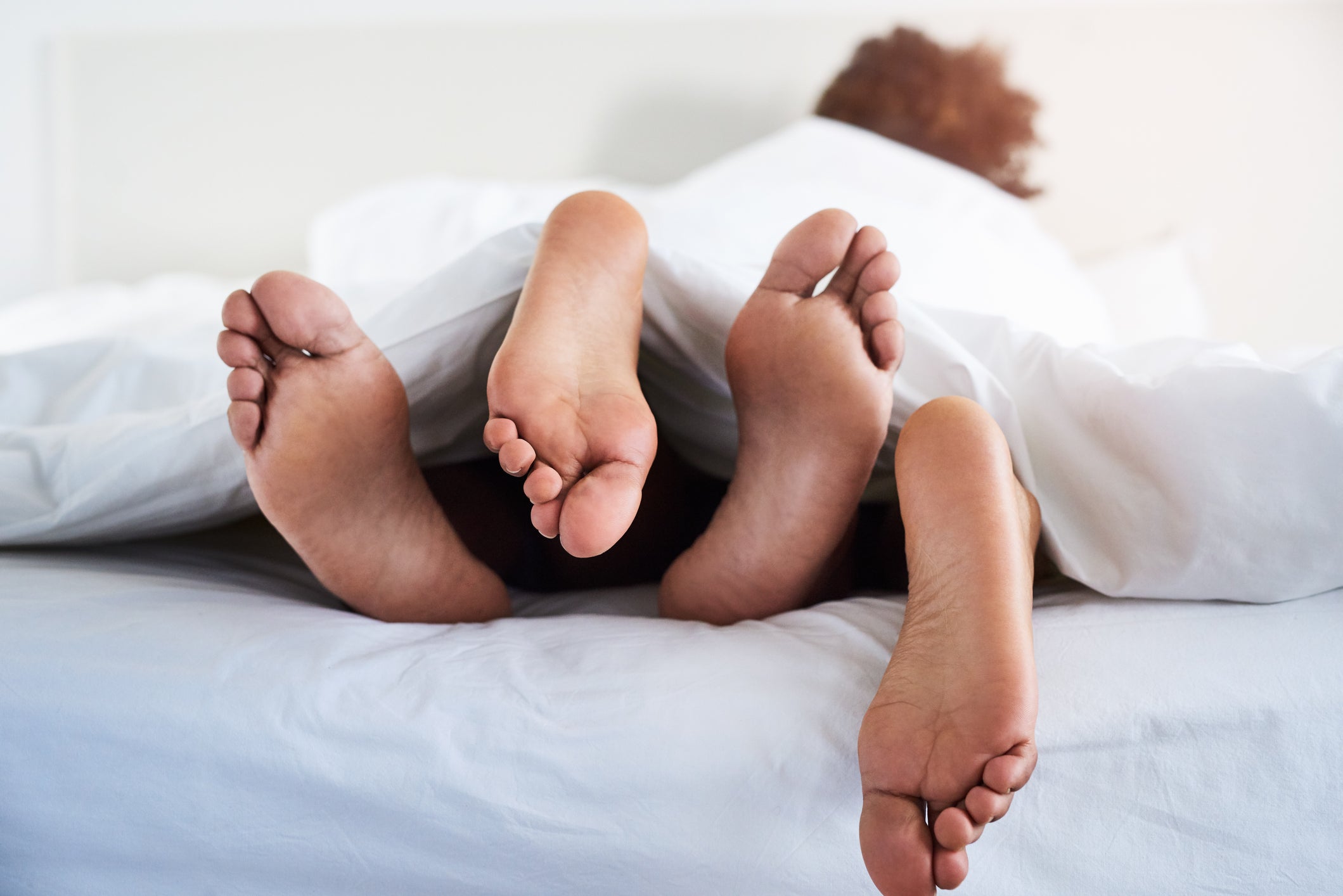Students blame pandemic for lack of sex, study finds
‘We found that after one year of the pandemic, people reported fewer partners,’ says researcher

Students are blaming the pandemic for robbing them of their sex lives, a new study suggests.
According to the National Survey of Sexual Attitudes and Lifestyles Covid study, which has yet to be published, people in their late teens and twenties are complaining that coronavirus has kept them celibate.
Professor Kirstin Mitchell of Glasgow University, who is a lead investigator on the survey, told The Sunday Times: “We found that after one year of the pandemic, people reported fewer partners, fewer new partners and less frequent sex. This was especially the case for young people.”
Mitchell went on to say that typically young people might have started having sex for the first time while at university.
“In any given year, there are a cohort of young people who would have started having sex in that year,” she said.
“When you’re in midlife, one year can look much like the next. But when you’re a young person, each year brings key developmental experiences.
“And so there is that cohort of young people for whom that period of sexual development and gaining new sexual experiences is a lost year, and what effect that will have in the longer term we just don’t know.”
The study follows several research projects into how the pandemic has impacted people’s sex lives.
In October, one study found that fear of Covid-19 might actually have benefited couples when it came to their sex lives.
Conducted by psychologists at the Lisbon University and The Kinsey Institute in Indiana, the research, published in The Journal of Sex Research, looked at 303 romantically involved adults in a cross-sectional study.
It found various lifestyle changes were associated with positive sexual desire “but only for participants with high (vs. low) fear of Covid-19 infection”.
Join our commenting forum
Join thought-provoking conversations, follow other Independent readers and see their replies
Comments